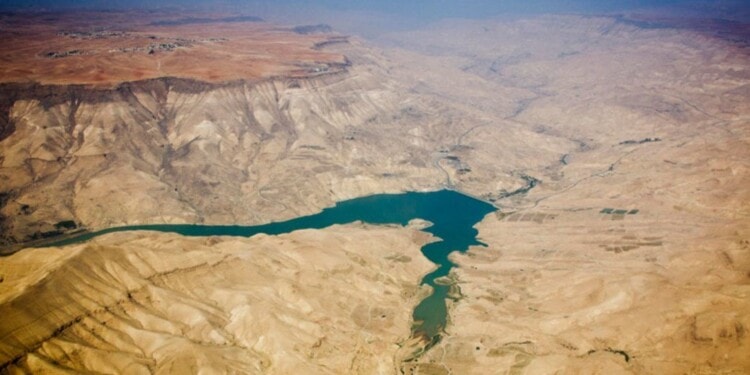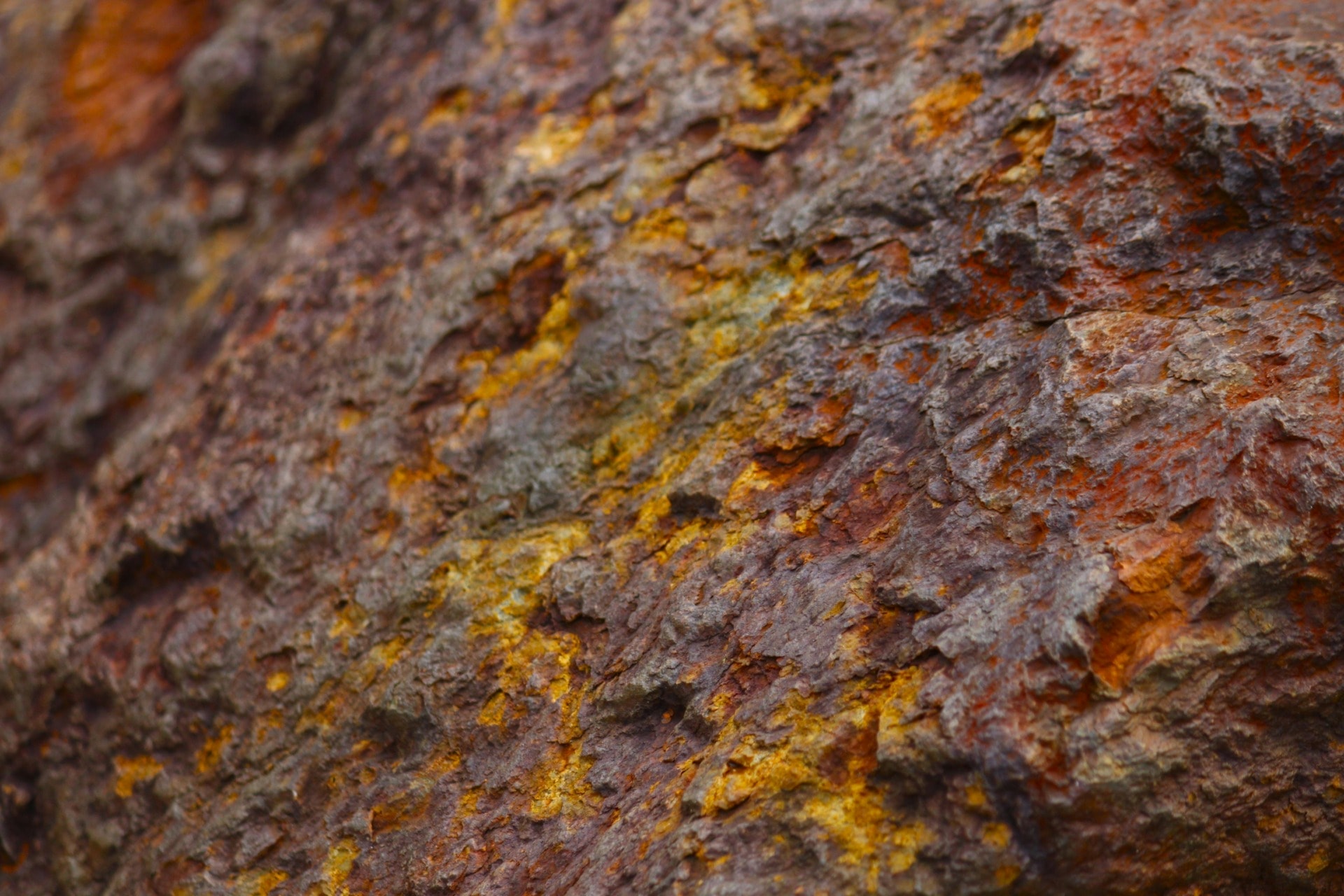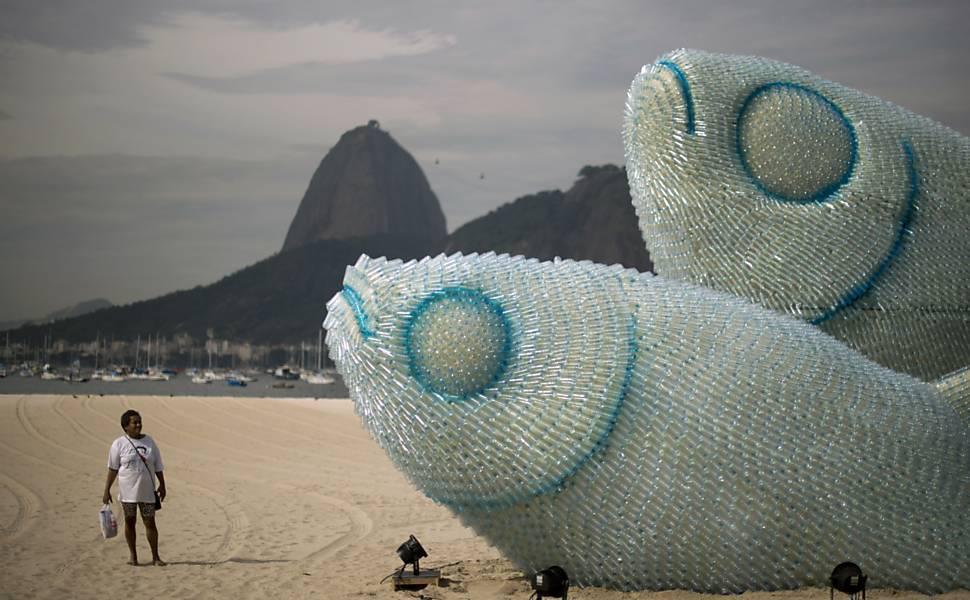The heightening water scarcity and the appearance of sinkholes in the area close to the Dead Sea have increased each year. As the population grows with the constant flow of refugees from neighbouring countries, so too does the demand for water and agricultural production. The Dead Sea drops about one metre (three feet) each year, causing major problems for the agricultural sector in Jordan.
According to data from the United Nations, Jordan is the second most water-scarce country in the world. Because of population growth, industrial and agricultural challenges, and climate change, the country is facing serious repercussions as the demand for water surges.
Climate change is expected to have a significant impact on Jordan, most likely leading to increased temperatures, variation in precipitation patterns, extreme weather events, and flash flooding. This will make it more complex to ensure safe drinking water and sanitation for all.
The Dead Sea is located between Jordan, the occupied Palestinian territories, and Israel. It has shrinked about 20 metres (66 feet) over the past two decades, researchers say. The decline in water levels and subsequently groundwater has caused sinkholes to multiply.
Farms located close to the dead sea are greatly affected by the sinkholes; large portions of soil have disappeared, which in turn affects the agricultural production.
With reduced precipitation, increasing temperatures, and mounting drought conditions, the United Nations Framework Convention on Climate Change estimates Jordan will fall into the category of having an absolute water shortage that could threaten economic growth and endanger public health by 2025.
“We are facing very difficult conditions,” said Abdelrahman Sultan, the Jordanian Deputy Director of EcoPeace Middle East, an environmental nonprofit. “We don’t store enough water and we don’t get enough water through the rain. We need to acknowledge that there are steps we can take.”
The Water-for-Energy deal, a deal signed by Israel and Jordan in November 2021, where Israel is planning to supply Jordan with desalinated water in return for solar power, represents a starting point for establishing a mutually beneficial trade between the two nations. The desalinated water results from an artificial process by which saline water (generally sea water), is converted into fresh water.
The project would see Jordan build 600 megawatts of solar generating capacity which would be exported to Israel, contingent upon Israel providing water-scarce Jordan with 200 million cubic metres of desalinated water.
The deal may help both nations in adapting to the climate crisis. And, unlike previous agreements, both nations have something to lose if they do not cooperate.
With this year’s annual Earth Day, and its theme “Invest In Our Planet”, the increased focus is on climate action. If no urgent action is taken, a number of countries, including Jordan, will fall into the category of having a severe water shortage, threatening the economy and public health.
Actions can be taken everyday, big or small, to make a better world for everyone. Actions can include picking up trash while walking outside; turning off lights when not in use; consuming less water when showering; buying more sustainable fashion products, and skip buying plastic products, try buying glass or paper products instead.
Editor’s Note: The opinions expressed here by Impakter.com columnists are their own, not those of Impakter.com. In the Featured Photo: Aerial view of Jordan, between Amman and Aqaba. Featured Photo Credit: UN Photo.









